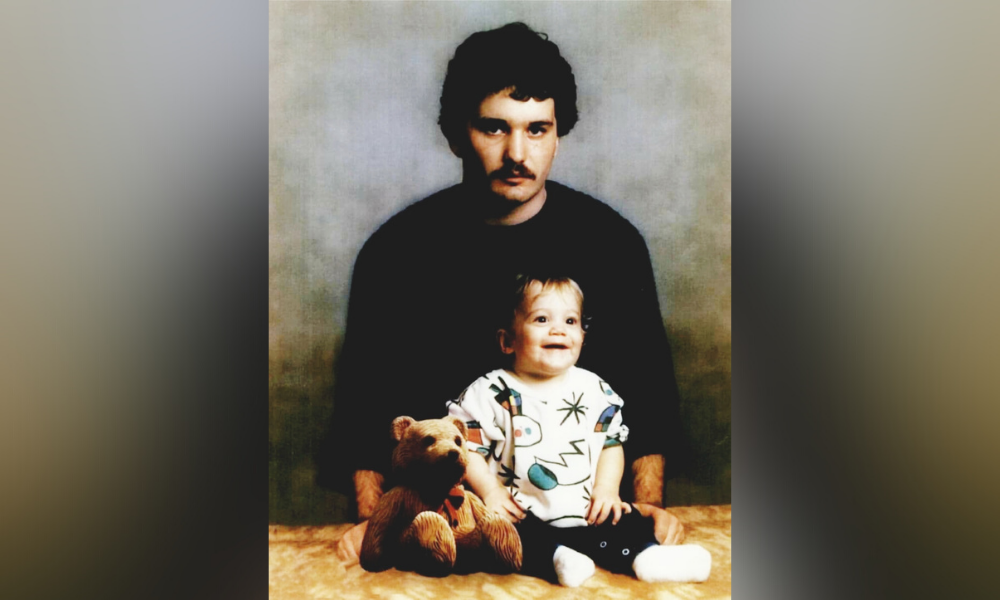Speaker, who lost his dad in a scaffolding collapse, believes too many people brush off health and safety

In November 2000, Josh Rene’s father, Jamie Barker, was part of a team painting the Ambassador Bridge. During one of the traverse procedures, the scaffolding collapsed and three people – including Josh’s father – fell into the water. Only two of the workers made it back to shore. Barker was missing for five months, eventually his body was found in LaSalle.
“That was probably one of the worst times of my life. There’s so much more technical stuff, but to this day I don’t really understand it. All I know is that when I was 10 years old, I lost my dad.”
22 years later, he says that it doesn’t get easier.
“I remember him being a big kid, it was great,” says Josh. He remembers that his dad was really into wrestling, and had a soundtrack for all the big wrestlers’ opening theme music. “We would wrestle on the back porch, and he played the soundtrack, and we’d all come out to different wrestler music.”
“He also used to own this small red car. I remember playing outside, and he drove up and rolled down the window and started squirting water at us. My grandma – his mother – bought me a remote control car very similar to the car he had.”
In 2011 when Josh was living in Windsor, there was another incident on the bridge. A man, Kent Morton, was working on scaffolding when it collapsed. Morton drowned; he was 28 years old – the same age as Josh’s father.
“The morning it happened, I remember going and sitting by the river and watching the coastguard helicopters and all that commotion going on,” says Josh.
As he was only 10 when his father died, Josh says that a lot was kept from him, and his family sheltered him from a lot of what was going on. So this fresh tragedy brought a lot to the surface. “I had been toying with the idea of bringing my dad’s story to people, because I didn’t want him to have died for nothing. And it sounds corny, but it’s important to me that people understand he wasn’t just a statistic. He wasn’t. He was a dad. People loved him. People cared for him.”
So after the second tragedy, Josh reached out to Threads of Life and got involved as a speaker. “Throughout the years, I’ve been bringing my dad’s story to quite a few audiences, and for me that gives me purpose.”
Josh will be a spokesperson at the Windsor, ON, Steps for Life walk this year. The event will be once again virtual due to the pandemic. “This year we’re really focusing on awareness. Because I think too many people still brush off health and safety or think it’s not important until it happens to them.”
Far too often, families of victims of workplace tragedies are not given adequate support. Threads of Life offers victims and their loved ones a community. “Threads of Life has just been amazing,” says Josh. “I count them as a second family, they’re supportive. They’re there when you need them. I can’t say enough wonderful things about them.”
Josh says that he wants to drive home the point that workplace tragedy doesn’t just affect one person. “It’s like a spiderweb, it’s a person’s father, or even as far away as that person who brought you coffee every morning. It affects so many people.”
While a lot of progress has been done to ensure better worker safety, there’s still a long way to go. “We need to break down the walls, we need to put the face to tragedy to help people understand, because you shouldn’t go to work and not come home. Your paycheck is not worth your life.”
Organizations need to do more to ensure worker safety, so that preventable workplace tragedies don’t happen, leaving the victim’s family to pick up the pieces. “It’s so easy and quick for something to happen,” says Josh, “but then it’s a lifetime of pain because grief doesn’t go away. Time just numbs the edges.”





